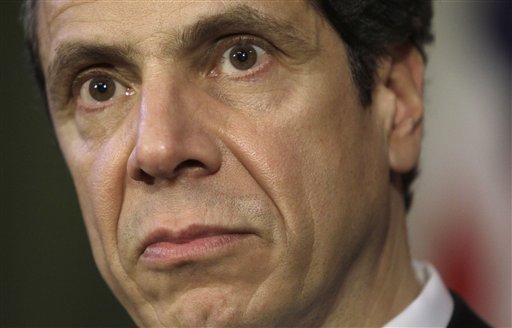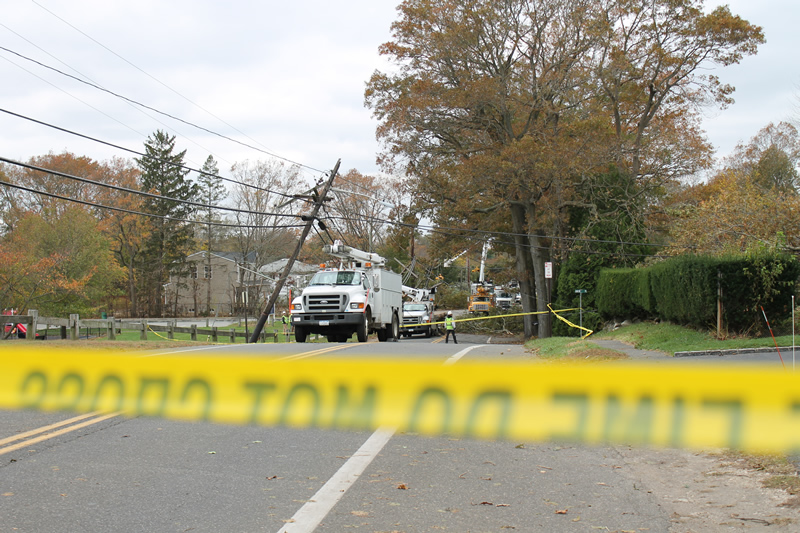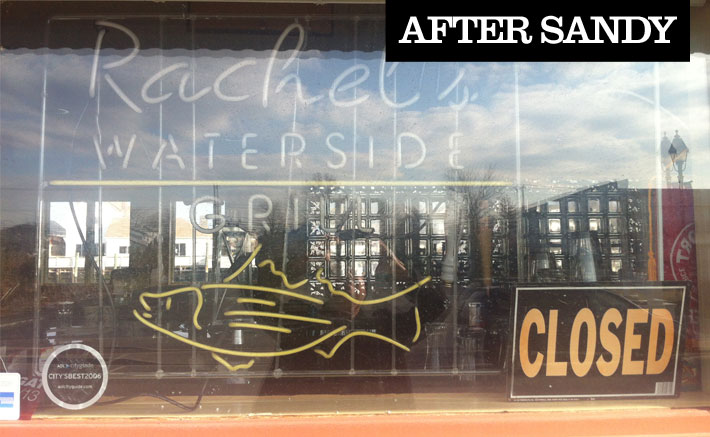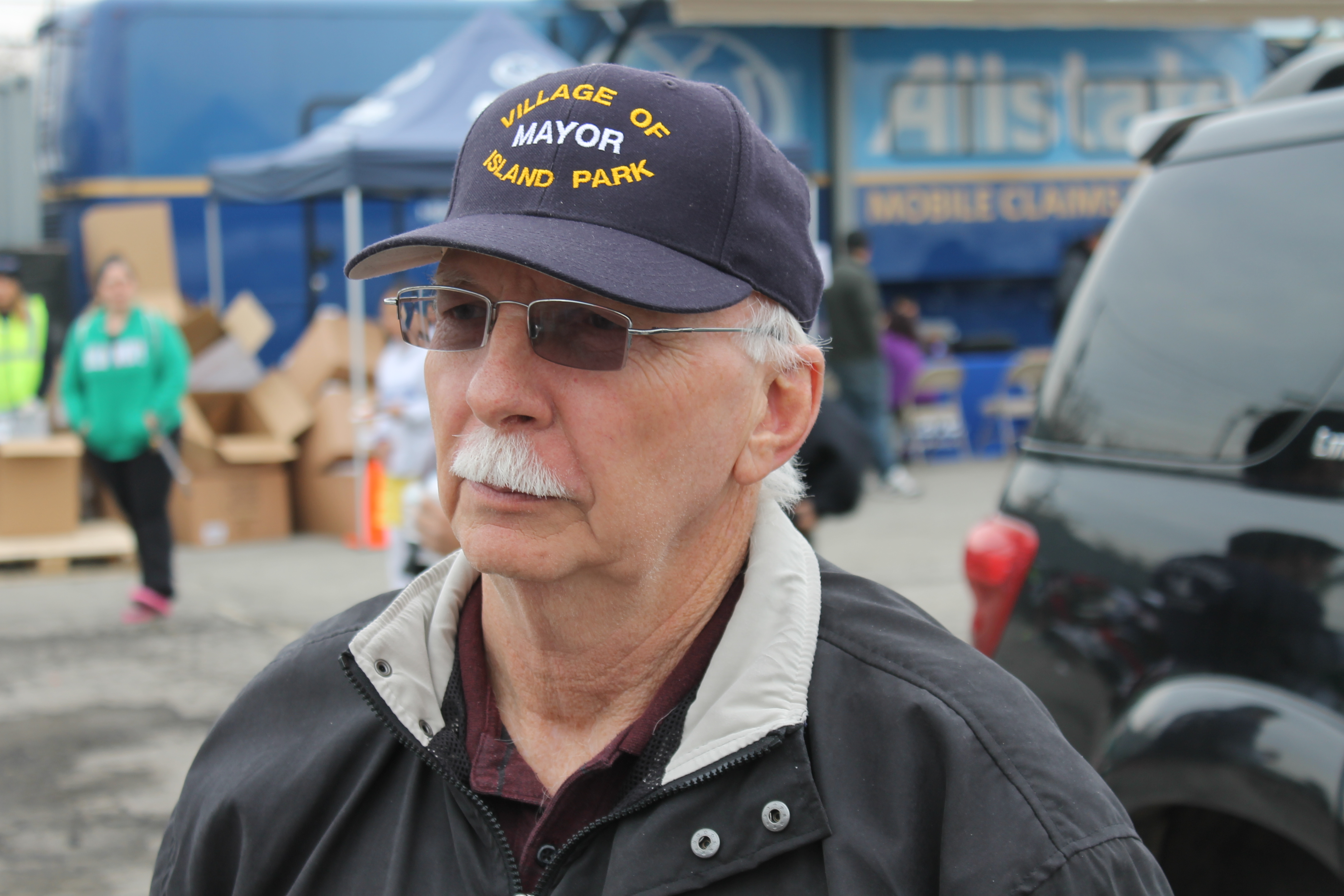

New York Gov. Andrew Cuomo listens to a question during a news conference at the Capitol in Albany, N.Y., Thursday, March 17, 2011. (AP Photo)
This will be a critical week for New Yorkers.
Gov. Andrew Cuomo will resume negotiations with legislative leaders over the 2011-12 state budget due April 1 that he says will be — and many say must be — historic.
“The people of the state of New York are going to get a very, very good budget, a better budget than they’ve had in a long time,” Cuomo said Friday. “A budget that sets a new trajectory for this state, a budget that really reforms the state’s finances and charts a new course.”
Protesters Arrested Outside Cuomo’s Capitol Office
Proof of the need for a new course is abundant: The state budget has more than doubled since 1997 to more than $135 billion, expanding by $14 billion since just 2008.
Little wonder New Yorkers, the ones who haven’t fled in droves, have said the state has been on the wrong track since Oct. 2007, according to the Siena College Poll.
Until February.
With Cuomo in office just six weeks, the poll made a critical turn, finding 44 percent of New Yorkers were optimistic about the state’s future, nudging out the 42 percent of pessimists.
That’s reflected in Cuomo’s popular support and the upper hand he wields in budget negotiations. The Legislature, understanding economic and political realities, has pressed for just modest increases in the face of his proposed 2.7 percent spending cut and a $10 billion deficit.
“At the moment, Andrew Cuomo is way ahead,” said Maurice Carroll of the Quinnipiac University poll that found Cuomo with a nearly 4:1 approval rating among New Yorkers.
Even 7 in 10 Republicans and Conservatives like the Democratic governor while the business community has put millions in an advertising campaign to support him.
But Sunday also begins a critical week for those without millions to spend on a TV campaign. People like Wayne Starks of Brooklyn, who dared to confront Cuomo in a Friday news conference; and Kevin Tougher of Long Island, who is waiting to see if his dream of teaching in the schools that taught him is over.
In the Capitol’s Hall of Governors Friday, with Franklin Roosevelt’s portrait looking down, Cuomo was explaining how his budget will “give the people of this state a better budget than they have had in decades …”
“But, governor,” Starks interrupted in the mob of reporters “is it on the people’s backs that you are doing this?”
Starks, 51, an artist and activist for the group Vocal New York, opposes Cuomo’s cuts to social services and his opposition to the Assembly’s “millionaire’s tax” proposal that could raise revenue to avoid reductions.
“It’s hurting the poor people in the neighborhoods,” Starks said. “We need to keep our communities going … millionaires have money they can burn.”
Tougher, who teaches third grade at the Sachem Central School District in Holbrook, knows politics and government can be more complex than that. His district heeded the calls to cut back and reduce costs over the past five years, keeping tax increases at or below inflation and freezing pay.
Then Tougher, 31, with five years’ experience at Sachem and two years in New York City schools, made “The List.”
He’s one of 375 teachers targeted for layoffs because the district says Cuomo’s projected state aid cut will be nearly 14 percent for Sachem and inevitably hit classroom programs.
“It felt like a slap in the face for Sachem because Sachem has been doing those things,” said Tougher, a 1997 graduate of the high school.
“I’m concerned because it’s something I love to do, first and foremost, and it’s my job and my livelihood,” he said. “But if you look at the big picture, it’s a loss for the whole community.”
Cuomo, whose early adult life was devoted to creating housing for the homeless and in trying to return a bloated federal agency to its critical mission for the working poor, knows the pain of these stories. Reminders were shouted in Albany for weeks in an uncommon level of protests.
On Friday he articulated the Senate Republicans’ effort to limit prison closings in upstate communities.
“We need the savings,” Cuomo said of his proposed closings, but added: “There is also a very real issue upstate. When you close down prisons in many communities, they are the economic engine. And when you close down a prison there may not be a great likelihood of an alternative to a prison. And that is very true, and that is very real, and that is a major factor.”
Such issues this week will measure the passion for a New York renaissance, and the compassion for those who will begin to pay its price.
By MICHAEL GORMLEY,Associated Press
EDITOR’S NOTE: Michael Gormley is the Albany Capitol editor for the AP and has covered New York politics for more than 10 years.
Copyright 2011 The Associated Press.






